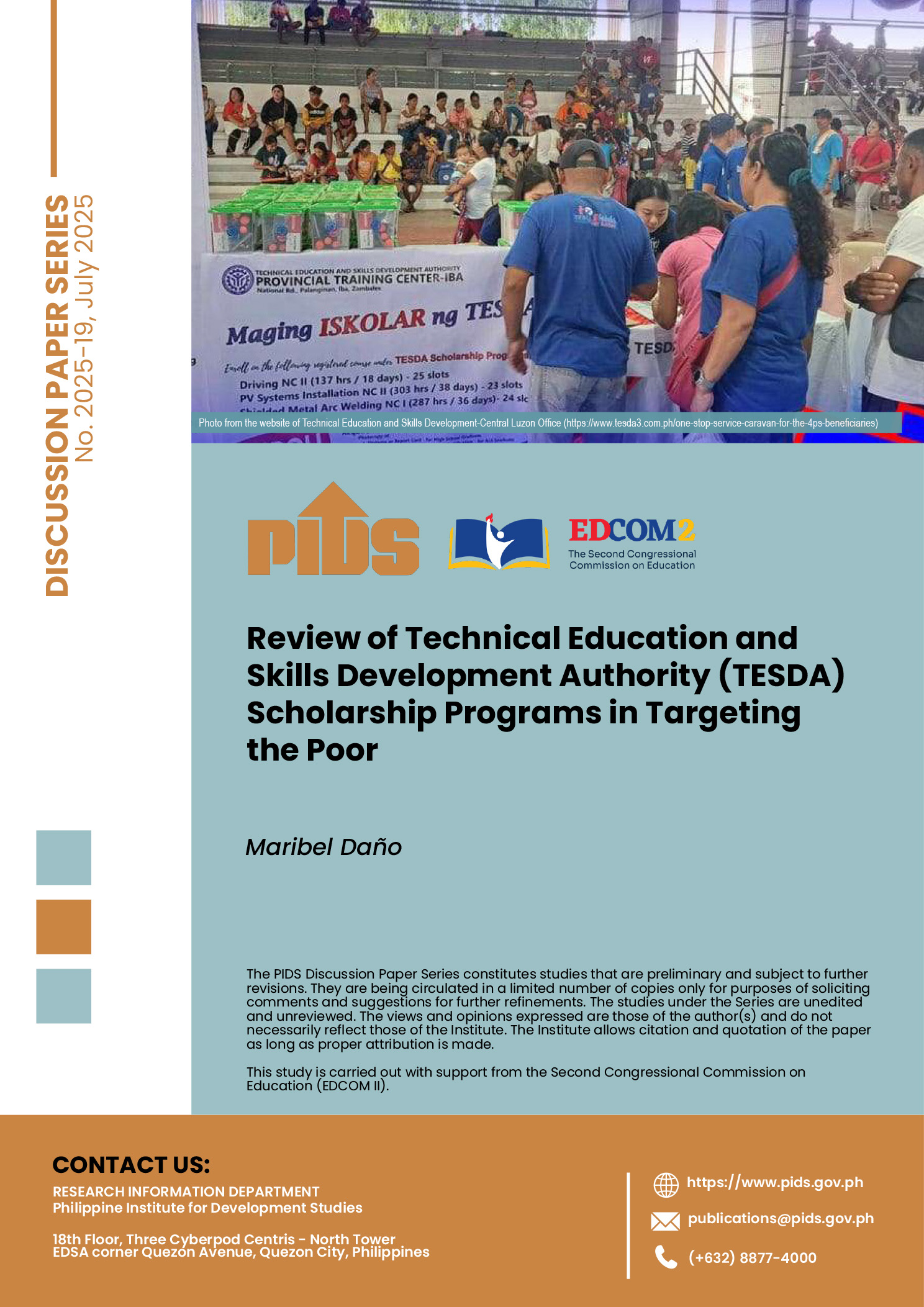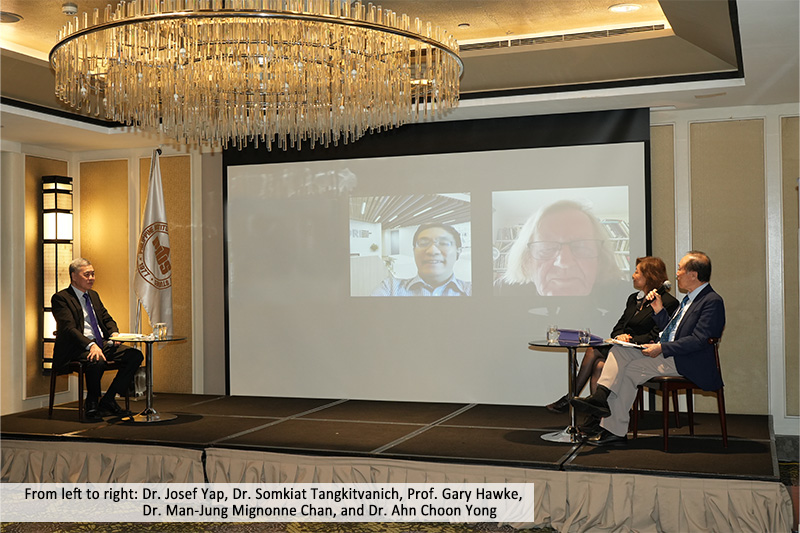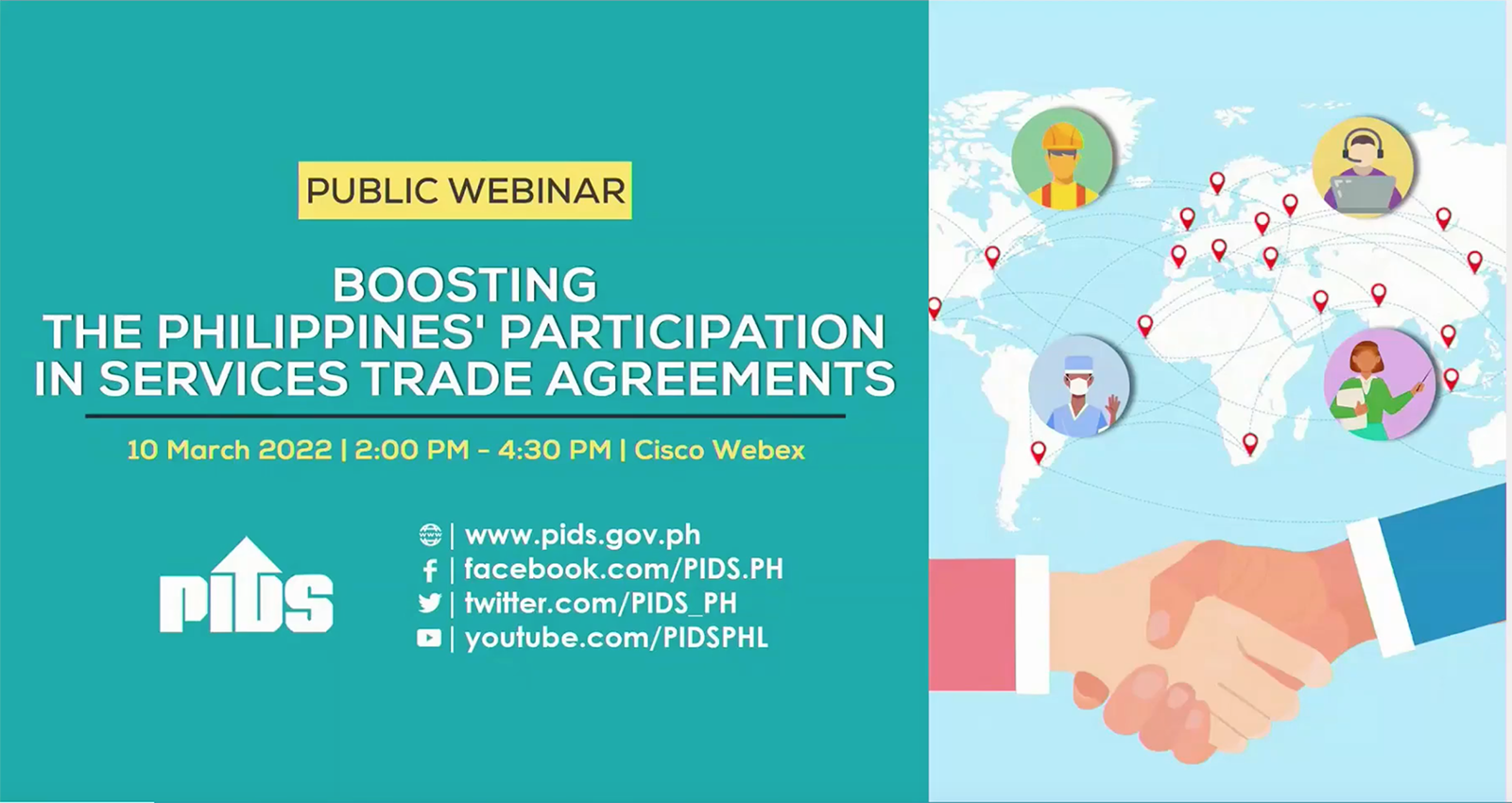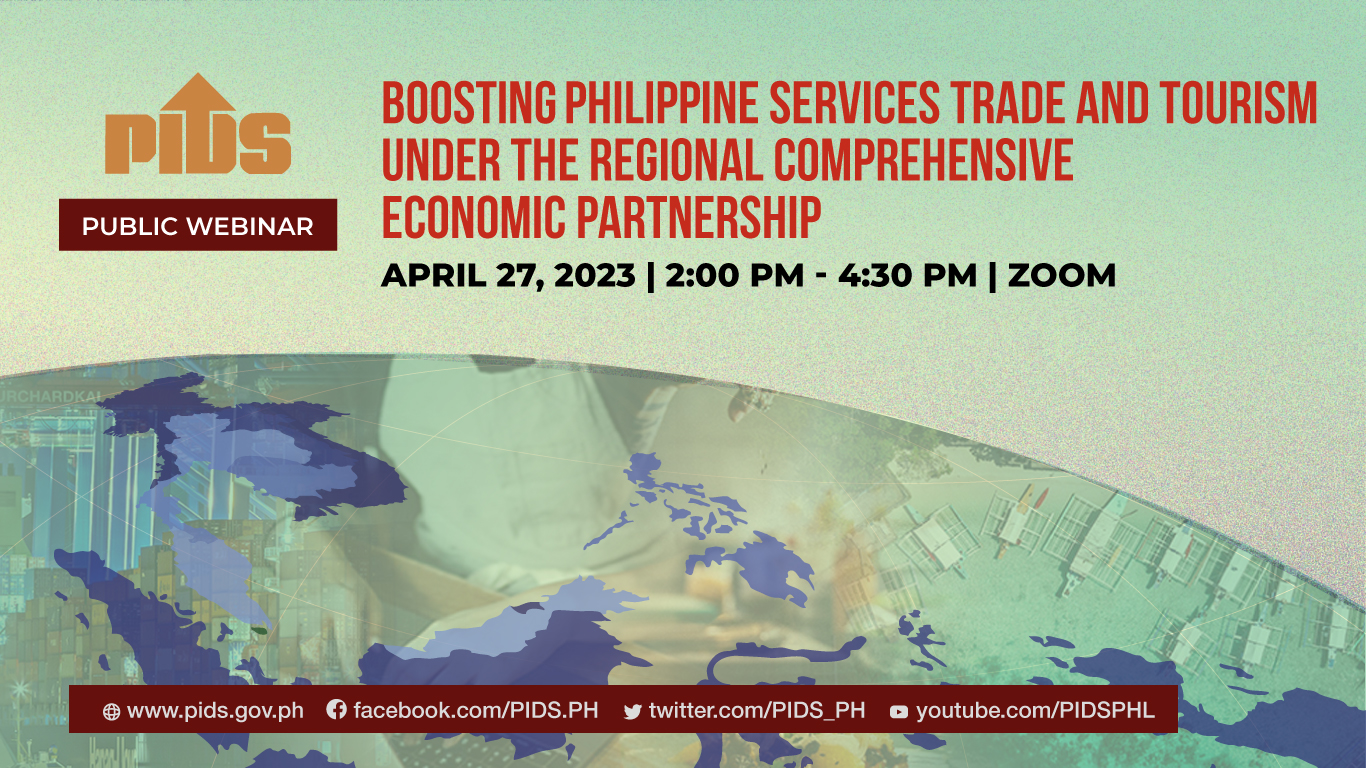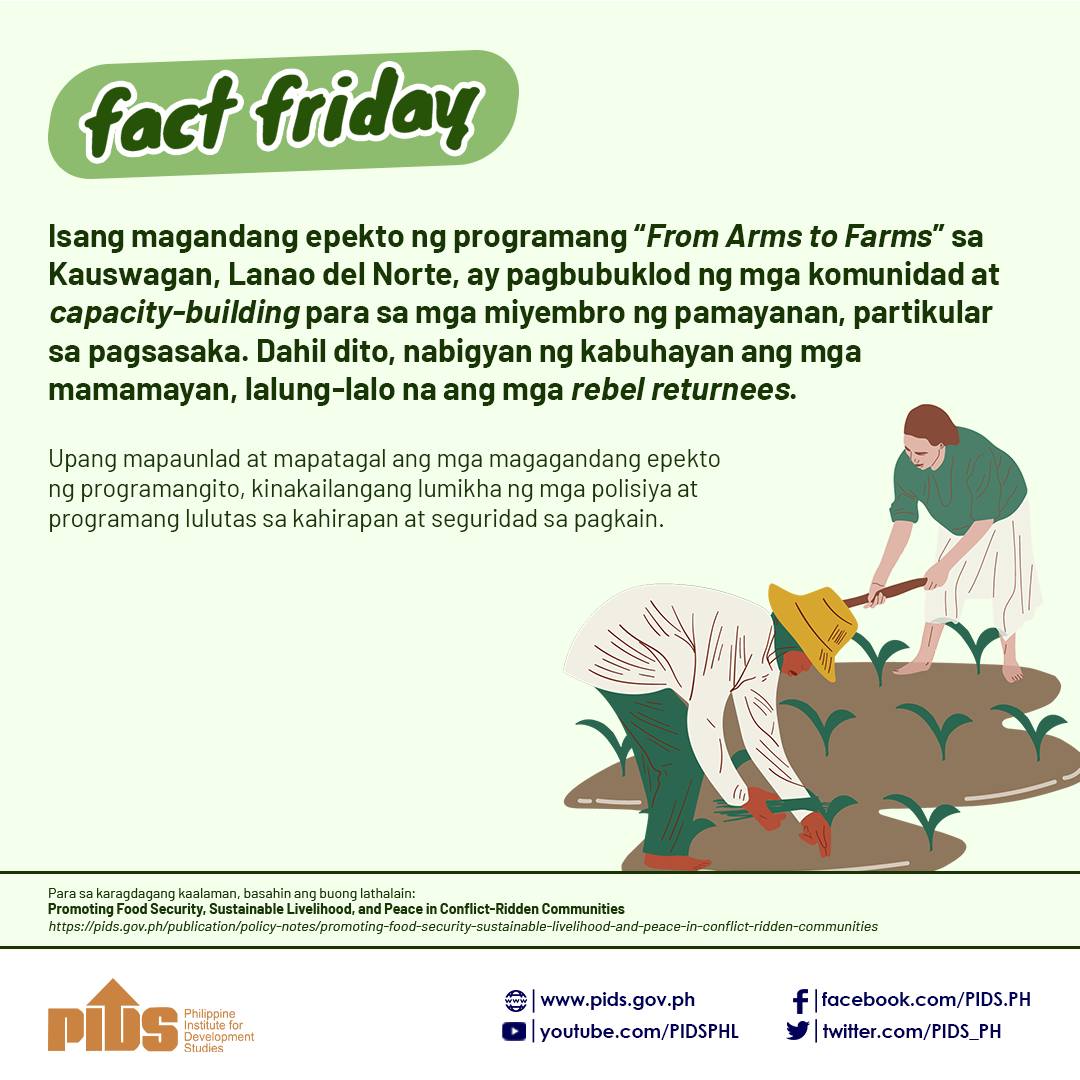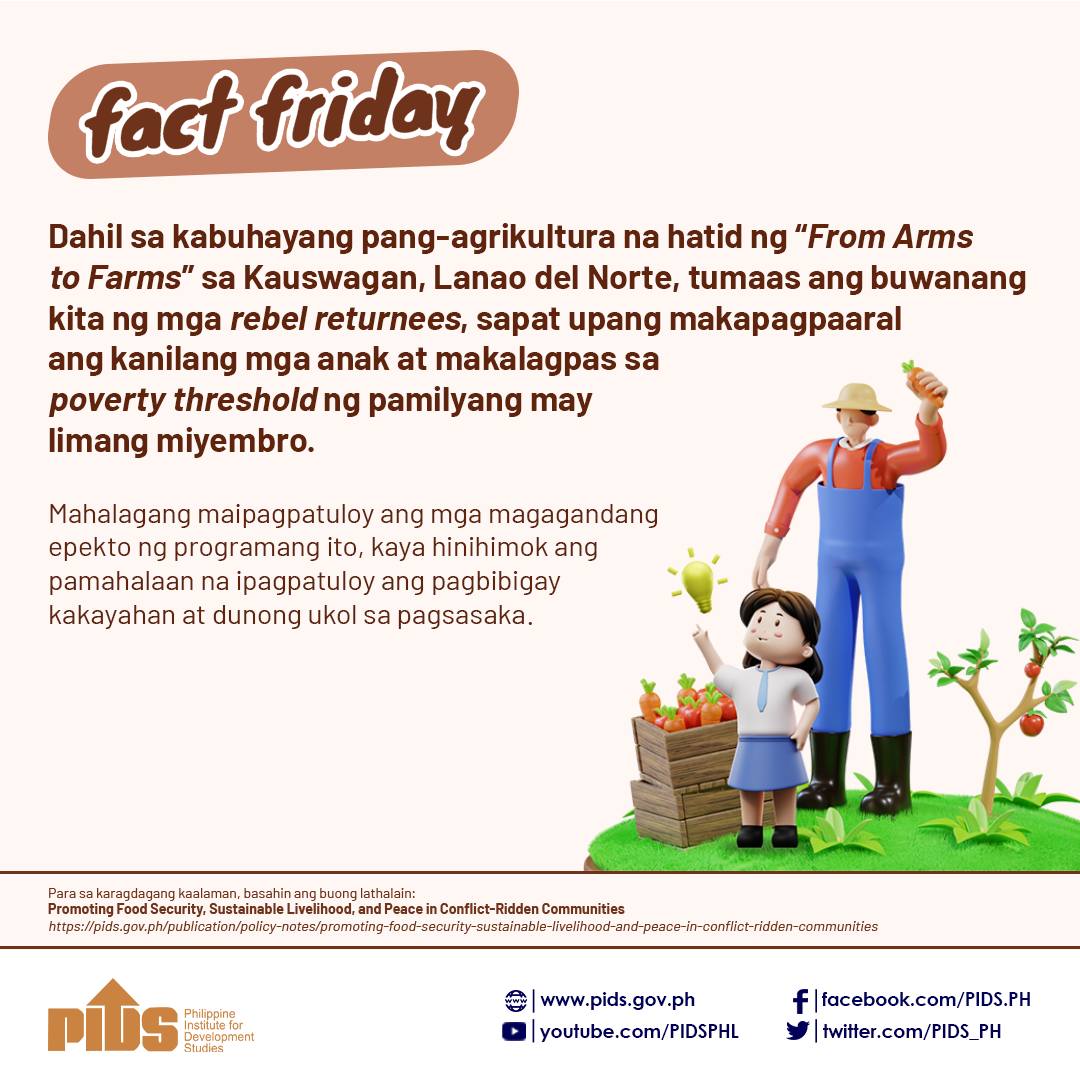The Agriculture Competitiveness Enhancement Fund (ACEF), a loan and grant program, was one of the measures identified as a safety net for the agri-agro industry.
Yet, like several government support programs for farmers, ACEF was mismanaged, misused and misallocated, leaving small farmers and fishermen in the same poor conditions they used to be in 20 years ago.
Former Sen. Francisco Pangilinan, who headed the Senate Committee on Agriculture from 2010 to 2013, was appalled at how farmers and fishermen have become victims of government fund scams and corruption.
"What is the average age of a farmer? 57,” Pangilinan asked. "What is the average school attainment? Grade 4. What is the average annual income? P23,000. Those figures alone show that our agriculture and fisheries industries have been neglected, abandoned and even used in scams.”
The most recent scams that victimized farmers and fishermen were the P10.6-billion Priority Development Assistance Fund (PDAF) scam where bogus NGOs funneled back the funds to politicians and government officials, and the P728-million Fertilizer Fund scam where agricultural funds were diverted to the campaign kitty of former President Gloria Macapagal-Arroyo.
The P10.59-billion ACEF misuse has not yet resulted in filing of charges but a closer look at its utilization shows the program reeks of corruption (read part 1 of the series ).
That’s why in 2010, the Aquino administration put a stop to the release of ACEF, pending recommendations from the DA and the Congressional Oversight Committee on Agricultural and Fisheries Modernization (COCAFM).
But it’s been three years since the fund has been frozen and meantime, the sectors that need the assistance are not getting any.
And with the ASEAN Economic Community starting next year, the use of ACEF is needed now more than ever.
Former Sen. Ramon Magsaysay Jr., who studied the ACEF during the 13th Congress, said more than the corruption, government leaders should worry about the readiness of the agricultural industry, which means using the fund to improve competitiveness.
According to the Department of Agriculture, the country is ready for influx of imported products and goods.
"In terms of the free trade I would say na we are really preparing and most of our industries are prepared on that because in terms of productivity, we’re not too far away. Siguro konti lang hahabulin natin,” said DA Undersecretary for Livestock Jose Reano.
"We have our continuous technical updating, training going on and research,” he added.
But for Pangilinan, many agricultural and fisheries sectors are not competitive enough. He identified the critical products as rice, fish, coffee, corn, vegetables, fruits and poultry.



